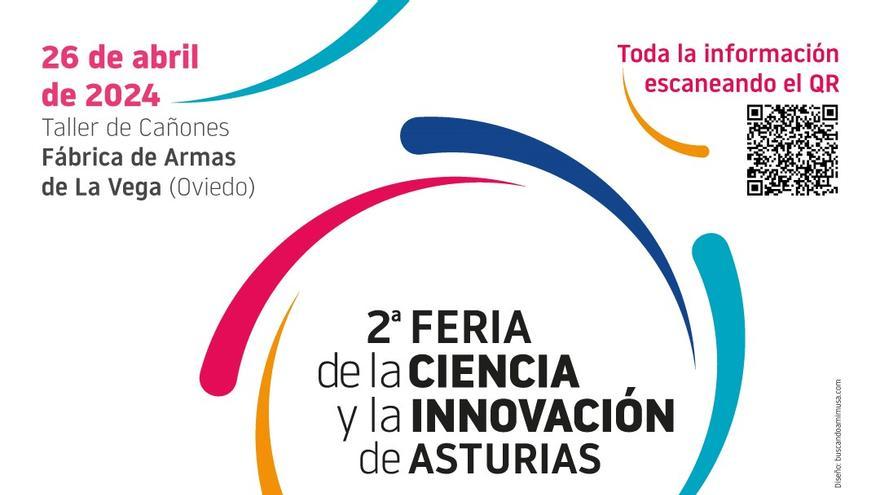Convinced that “everything is political”, the researcher and molecular biologist Alberto Kornblihtt has maintained a strong commitment to his ideas without fear of expressing his position on social issues such as abortion and even partisan politics, publicly expressing his affinity for the Kirchnerism.
“Politics is everywhere, that is, everything is political and even not wanting to give a political opinion is a political fact,” says Kornblihtt during the talk with Télam.
And he continues: “I had left-wing ideas and practices before I became a biologist. And although during the dictatorship I had to cover up those ideas for fear of being assassinated, I never stopped thinking that way and my opinions are influenced by both my information politics prior to being a scientist and for my scientific practice”.
But the researcher does not feel like an exception: “There are many of us colleagues who have this imprint; when we formed ourselves as a group during the macrismo to publicly denounce the adjustment that occurred in the sector during those years, there were many of us.”
Always willing to give any debate, faced with the question of objectivity in science, Kornblihtt retorts: “The question is who should be neutral, science or scientists.”
“My immediate response is that scientists cannot be neutral about the consequences even of their own research. I do not work with anything that could cause an immediate transformation of agriculture or any human economic or health activity, but if so outside as scientists we cannot look the other way or we lock ourselves in our ivory tower”, he maintains.
click to enlarge
A setback.
And he adds: “Now in the practice of science, there does have to be freedom, responsibility and it has to be public, that is, it has to be accountable to society.”
But beyond “giving accounts”, the molecular biologist considers that the commitment of a scientist is “turning to society, transmitting not only what they are doing, but everything on which they can give an informed opinion”.
Consistent with this idea, he participated in the debate sessions on the Voluntary Interruption of Pregnancy Law in 2018 in Congress, in which he presented “the knowledge in molecular biology, genetics and epigenetics that confirm that an embryo is not the same as a human being”.
It was during those days that he said the phrase “No, it’s not right, it’s wrong,” correcting Senator Silvia Elías de Pérez, who had used Down syndrome as an example of an “incurable disease” to accuse Kornblihtt of recommending eugenic abortions.
The scientist clarified two things: the first that Down syndrome is not an “incurable disease”, so it was not within the arguments that he had exposed, and the second that “abortion is not recommended, it is an option” What should be given to the mother?
“No, it’s not right, it’s wrong” became memes, t-shirts, mugs, stickers, but it was also the title of a book that the researcher published in 2021 where he goes through its different edges.
But, perhaps, it is also a phrase that synthesizes the reaction against a series of inconsistent statements, contrary to what Kornblihtt considers to be a great contribution of scientific knowledge to society: the ability to make statements based on evidence or argument and to develop critical thinking. (Telam)




:format(webp)/cloudfront-us-east-1.images.arcpublishing.com/grupoclarin/XM6EP3SM5REKNBOIXJSOCDCOOA.jpg)
